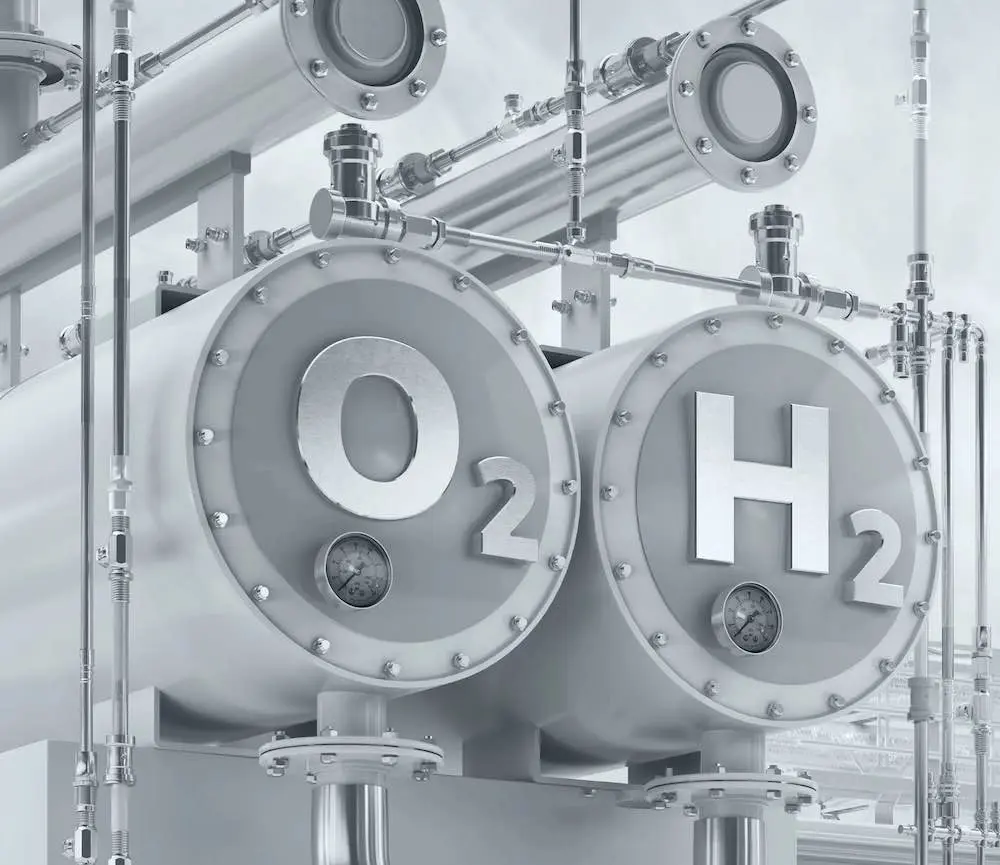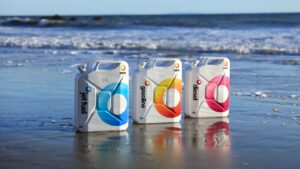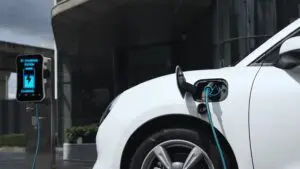A cutting-edge hydrogen manufacturing process which uses sunlight to split water into its two elements could be commercially viable, according to a desktop analysis.
Modelling indicates that Sparc Hydrogen’s technology could, once built, create energy efficiencies and a cost competitive advantage for making hydrogen versus using a combination of renewable energy and electrolysis because of the low capital and operating expenditure required.
As a result, the joint venture partners behind the company, ASX-listed Sparc Technologies, Fortescue Future Industries (FFI) and the University of Adelaide, are set to start working on scoping work for a pilot plant earlier than expected.
Sparc Hydrogen is the front-end of efforts to commercialise research into photocatalytic water splitting, a technology that has been variously labelling in different research papers over the last decade as the “holy grail” of clean energy and “the untamed dream”.
Modelling gives the green light
A just-finished techno-economic analysis (TEA), or software modelling to test the economic performance of an industrial process, suggests that the benefits outweigh the risks – which are significant.
Risks that could torpedo the project include the photocatalyst or reactor not meeting performance targets assumed in the TEA or problems in mass producing or accessing the undisclosed photocatalyst.
Hydrogen yielded via electrolysis requires huge volumes of energy and water — and therefore land area. Sparc says the pilot plant is designed to minimise the use of both and therefore be able to gain more of a social licence to operate.
The plan is to cut the need for solar PV and wind farms for green hydrogen entirely, decoupling the gas from renewable energy prices, design a system that is scalable because an electrolyser — a still-expensive technology — isn’t needed, and be able to incorporate new photocatalysts as they emerge without needing to completely redesign the system.
“If the Sparc Hydrogen technology is successful, it could ultimately be used to help produce green hydrogen at a larger and much more affordable scale,” said FFI CEO Mark Hutchinson.
“Our goal is to develop green hydrogen and renewable energy innovations and technology, with a specific focus on decarbonising hard-to-abate industries that can be commercialised fast.”
Sparc Technologies has been contacted for comment.










